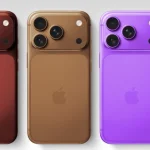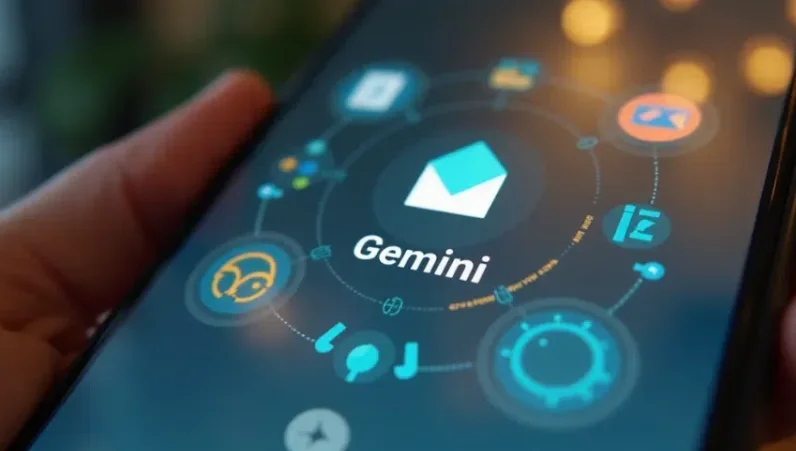Apple is famous for its tightly integrated ecosystem, but it isn’t alone. Tech giants like Samsung, Google, Microsoft, Huawei, Amazon, and Xiaomi are creating equally connected digital worlds. These ecosystems link phones, laptops, wearables, and even home appliances, offering seamless integration across devices.
If you’re searching for alternatives to the Apple ecosystem, here’s a closer look at how each brand builds its connected world, and what their devices actually delive
Why Ecosystems Matter in Tech
A tech ecosystem is a network of devices, apps, and services that work together. Instead of treating each gadget as standalone, ecosystems make your entire setup feel unified.
Why ecosystems matter:
- Continuity: Start a task on one device and finish it on another.
- Unified experience: Same apps, files, and settings across devices.
- Smart homes: Control lights, speakers, and security from one hub.
- Convenience: Less switching, more productivity.
For many users, ecosystems are the difference between gadgets that simply work, and gadgets that work together.
1. The Samsung Galaxy Ecosystem
Samsung offers one of the most complete ecosystems in the Android world.
- Galaxy Phones: From the Galaxy S series to foldables like the Galaxy Z Flip 7 (12GB + 256GB) with a 6.85-inch AMOLED display, Snapdragon 8 Elite chip, and dual cameras.
- Galaxy Book Laptops: Windows-powered and fully synced with Samsung phones.
- Galaxy Watch: Tracks health and workouts via Samsung Health.
- Galaxy Buds: Auto-switch between phone, tablet, and laptop.
- SmartThings: Controls TVs, fridges, washing machines, and smart lights.
- Unique perks: Samsung DeX (turn phone into a PC) and Quick Share (file sharing).
2. The Google Ecosystem
Google builds around AI and cloud-first integration.
- Pixel Phones: Best-in-class cameras and AI features.
- Pixel Watch 2 (41mm, WiFi/BT): Tracks health, offers ECG, SOS alerts, and Fitbit-powered data.
- Pixel Buds: With real-time translation.
- Chromebooks: Lightweight laptops syncing instantly with Android.
- Nest Devices: Smart speakers, thermostats, cameras, and doorbells.
- Google One: Unified cloud storage.
- Google Assistant: Ties everything together with voice and AI.
3. The Microsoft Ecosystem
Focused on productivity and gaming, Microsoft’s ecosystem bridges work and play.
- Surface Devices: Hybrid laptops/tablets.
- Windows PCs: Core of the ecosystem with Microsoft 365 integration.
- Xbox Series X (1TB SSD): 4K gaming, ultra-fast SSD, Quick Resume.
- OneDrive: Cloud storage across devices.
- Teams: Business communication hub.
- Copilot AI: Built into Office apps for smart productivity
4. The Huawei Ecosystem
Built on HarmonyOS, Huawei offers a fully connected alternative.
- Huawei Phones: Mate and P series with strong cameras.
- MateBook Laptops: Windows laptops with phone sync.
- Huawei Watch & Band 9: Slim fitness wearables with long battery life.
- FreeBuds: Wireless earbuds integrated with devices.
- Huawei Vision TVs & IoT: Extend smart connectivity.
- Multi-Screen Collaboration: Drag-and-drop between phone and lapto
5. The Amazon Ecosystem
Amazon prioritizes smart homes and entertainment.
- Alexa: Voice assistant hub.
- Echo Dot (5th Gen): Compact smart speaker with Alexa and sensors.
- Fire Tablets & Fire TV: Affordable streaming devices.
- Kindle: E-readers with vast eBook access.
- Ring: Smart home security devices.
Perfect for users who want a smart home-first ecosystem.
6. The Xiaomi Ecosystem
Xiaomi is known for affordability and variety.
- Mi & Redmi Phones: From budget to premium.
- Mi Laptops: Lightweight and affordable.
- Mi Band & Mi TV: Fitness trackers and smart TVs.
- Mi Home Devices: Smart bulbs, cameras, air purifiers, vacuums.
- Xiaomi Electric Scooter 5 Max: 60 km range, strong motor, suspension, foldable design.
- Mi Home App: Central hub for all smart devices.
Budget-friendly but expansive, Xiaomi’s ecosystem rivals premium brands.












